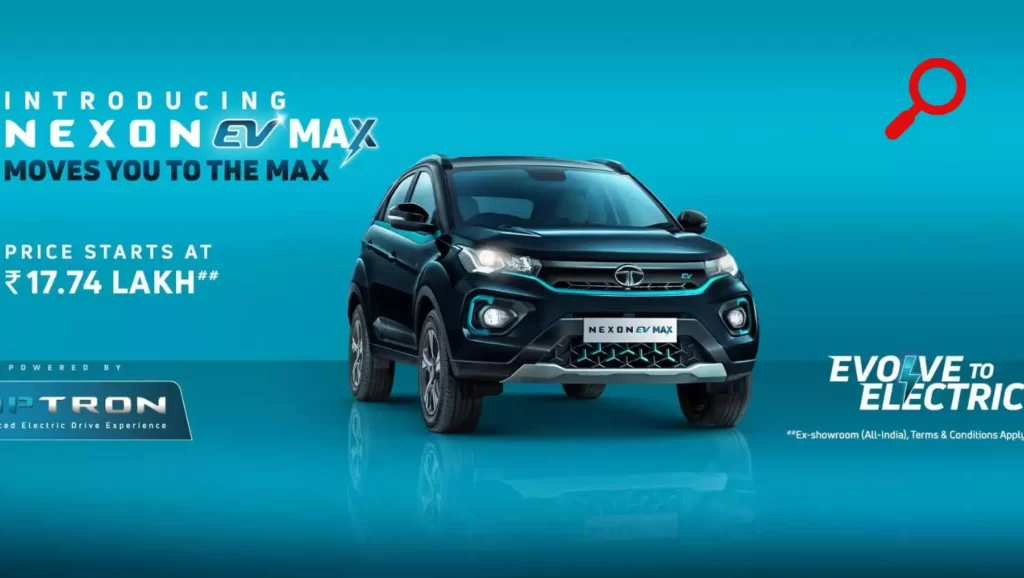EV batteries: The electric vehicle market in India is growing steadily over the last few years. But till now, Electric vehicles are costlier than petrol and diesel vehicles. Electric vehicles may soon become more affordable. According to reports, the Goods and Services Tax (GST) Council may decrease the tax rate on lithium-ion batteries. The battery is the most expensive part of electric vehicles. Council may lower GST on EV batteries at par with electric vehicles. This could mean a major drop in the overall price of electric cars and two-wheelers in India.

Tax cut on electric vehicles batteries
According to related sources, the central government has initiated discussions with all the stakeholders to move forward with the plan. A meeting was held on Tuesday to discuss the battery-swapping policy among members of NITI Aayog, Ministry of New and Renewable Energy, Heavy Industries, and other government departments. Suggestions were made to justify taxes and standardize EV batteries. NITI Aayog is framing a draft policy which will be sent to the GST Council for further consideration.
The draft policy sent by NITI Aayog said, “As per the current GST regime, the tax rates on Lithium-Ion Battery and Electric Vehicle Supply Equipment (EVSE) are 18% and 5%, respectively. The decision-making body on the GST provisions The GST Council may consider reducing the difference between the two tax rates. The Council will make a reasonable decision in this regard at an appropriate time.”
Lithium-ion Battery Tax
Currently, lithium-ion batteries attract 18 percent GST, while the total cost of an electric vehicle in India attracts 5 percent GST. Before 2018, the rate of GST on EV batteries was high. At that time, EV batteries were taxed at 28 percent. Which was carried down to the current rate by the GST Council four years ago.

The cost of EV batteries varies from 25 percent to 35 percent of the total cost of an electric vehicle. The reduction in GST on EV batteries will also help in making EVs more affordable.
This move, if executed, will help India take a step forward in projecting itself as the future global hub of EVs. Recently, Tesla tried and failed to convince the Center to reduce the import duty on electric cars in India. Tesla has finally dropped its plans to launch the Elvis in India. Several other car makers have also raised the issue of high taxes hindering EV expansion in India.



